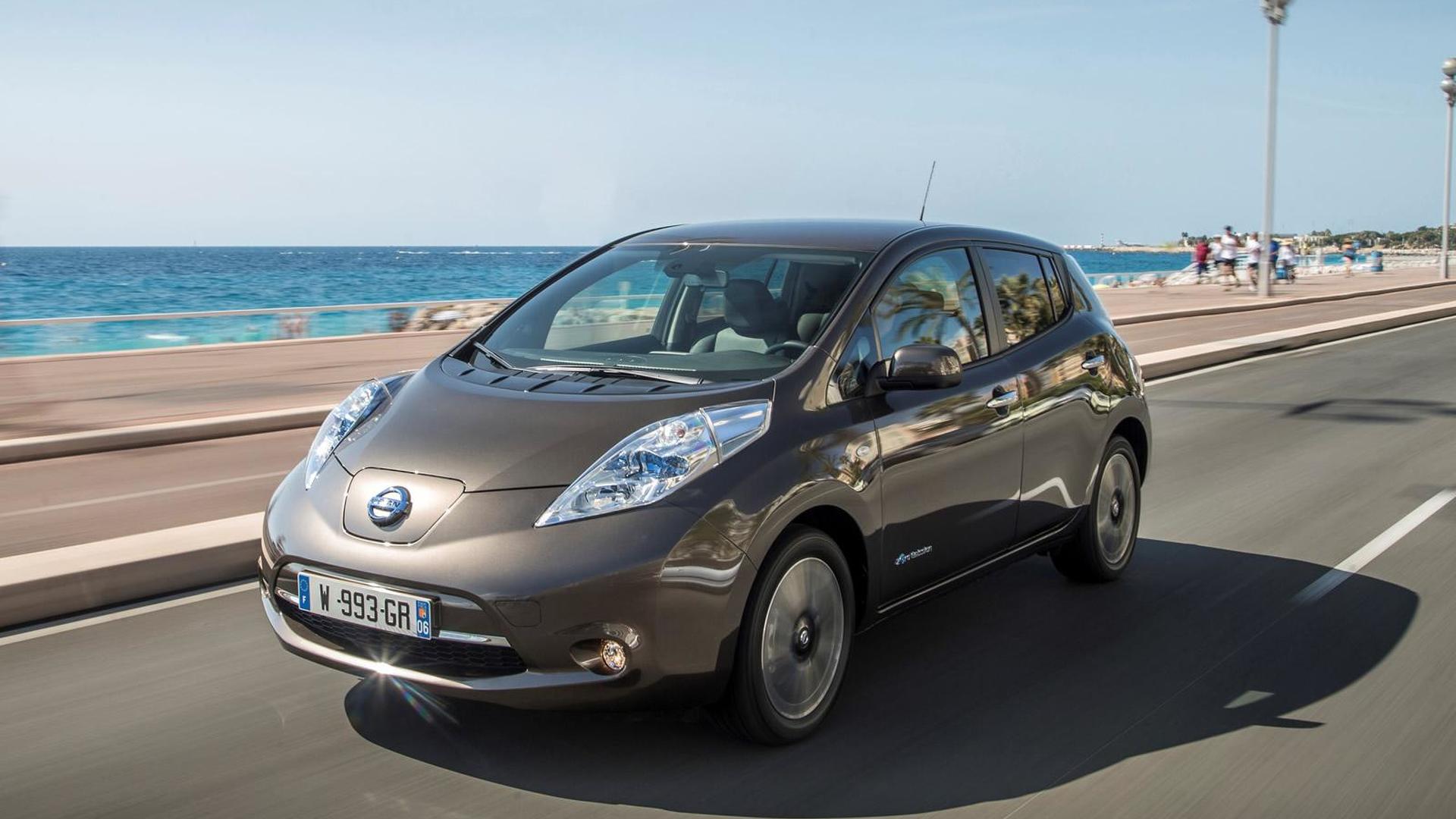
While new cars come with retail prices that are determined by their respective manufacturers, market forces ultimately dictate how much a given used vehicle is worth. These include supply and demand, regional preferences, historical data, the vehicle’s condition, the number of miles it’s been driven, and in the case of electric cars, its operating range on a charge.
Historically, EVs tend to suffer below-average resale values. This can largely be attributed to the federal one-time tax credit that effectively slashes an EV’s transaction price by as much as $7,500, along with comparatively weak marketplace demand, and the limited range of older models. However, more-recent EVs that can be driven for over 200 miles on a charge, especially models from Tesla that are in particular demand, are holding their values the best in the resale market.
So how can you determine what your EV is worth if you’re looking to trade it in or sell it outright? The best way to start is by checking the listings here at MyEV.com to get a general idea of what sellers are asking for comparable models. For a more specific valuation, you’ll want to consult online sources like Kelley Blue Book (kbb.com), Edmunds.com, or NADAguides.com.
With databases that are updated frequently, these sites base their estimates on data collected from wholesale auctions, used-car dealers, car rental and other fleet customers, leasing companies, and private party transactions. They also take into consideration historical trends, economic conditions, industry developments, and both seasonal and location-based supply and demand. All you’ll need to do is enter your EV’s make, model, color, and trim level, the number of miles on the odometer, added options, your Zip Code, and, most importantly, the car's overall condition.
Be as specific – and honest – as possible, with regard to the latter consideration. For example, Kelley Blue Book considers a car in “excellent” condition that will bring the most money to be one that “looks new and is in excellent mechanical condition,” while a vehicle that’s in “very good” shape is considered one that “has minor cosmetic defects and is in excellent mechanical condition.” KBB says one that’s in “good” condition “has some repairable cosmetic defects and is free of major mechanical problems.” You’ll get less money if your vehicle is in “fair” condition, which is described as having, “some cosmetic defects that require repairing or replacing.”
Fortunately, because EVs eliminate over two-dozen components found in a conventional auto that will eventually fail, they tend to hold up well mechanically. The most important issue in this regard is the condition of an EV’s battery. All electric vehicle batteries will degrade somewhat over time and lose a bit of their ability to maintain a full charge. Older EVs with shorter operating ranges can suffer quicker deterioration than newer models that can travel further on a charge. That’s because draining most or all of a battery’s charge on a regular basis tends to cut into its capacity more quickly over time. You’ll want to take a picture of your vehicle’s state of charge (SOC) gauge when fully charged that shows it at 100% to verify for a buyer how many miles of range your car’s battery can deliver.
Be aware that exterior dents and dings, worn or torn upholstery, non-functioning accessories, and other physical defects can eat into a model’s resale value significantly. It pays to have minor repairs addressed before offering a vehicle for sale. At the least you’ll want to give it a thorough wash and a fresh coat of wax, vacuum out the cabin, and freshen the seats and carpeting with upholstery cleaner. You might also want to consider taking it in for an extensive “detailing” that can bring the interior and exterior back to like-new condition.
Valuation sources typically provide multiple price estimates for a given vehicle. The first will be its “trade-in value,” which is what you could expect to receive from a car dealer, whether you’re trading it in or selling it to them outright. This is usually the lowest price estimate given, as it assumes a dealer will have to mark up the price and perhaps recondition the vehicle before putting it on sale.
The second prediction you’ll see is the “private party value,” which is what you can expect to receive by selling it to an individual on an “as is” basis. This would be the price you should consider listing a used EV for sale here at MYEV.com. Listings are 100% free to sellers and can be seen by buyers nationwide.
The third valuation estimate you’ll find is the vehicle’s “retail value,” which is what you can expect a dealer to ask for a car that’s sitting on the lot. This amount will usually be higher than that given for private party sales, and you’ll notice it will be much higher than a specific car’s trade-in value.
It’s a good idea to check multiple sources when determining what your EV is worth as they’ll often come up with slightly different figures. For example, Kelley Blue Book says a 2016 Nissan Leaf SV located in Chicago that’s in excellent condition and been driven 36,000 miles is worth $11,617 in a private-party transaction and $9,351 as a trade-in. Edmunds.com says it’s worth $12,755 in a private sale and $11,039 traded in. It would be up to you whether to ask for the higher amount or split the difference, but pricing an EV fairly will help expedite its sale.
Finally, keep in mind used-vehicle valuation estimates are just that – estimates. Whether you trade in your EV or sell it to a private party, the buyer and seller ultimately determine its value, and that figure is always open to negotiation. Never accept a lowball offer, but on the other hand, don’t expect top dollar for a car that’s in need of work or has a seriously depleted battery.
ABOUT THIS ARTICLE:
Change Your Location
Weekly graph
FREE ONLINE APPRAISAL